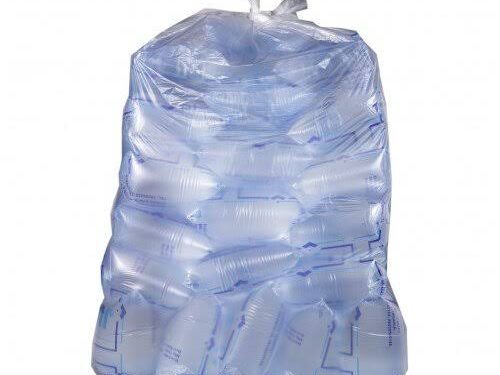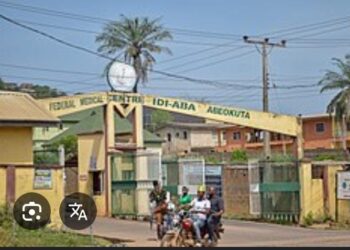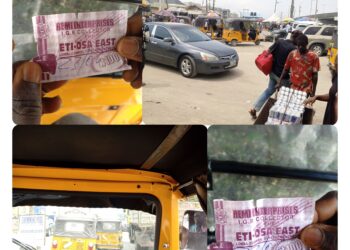The cost of sachet water, popularly known as pure water, has skyrocketed across Lagos State, leaving residents grappling with yet another economic burden during a time of intense financial hardship. What was once the cheapest and most accessible source of drinking water has now become a luxury in some areas.
An investigation by The Merit Newspaper today, Thursday, 28 November 2024, reveals that a bag of sachet water containing 20 sachets now sells for as high as ₦900 in parts of Lagos, a significant increase from the ₦100 price tag it bore just last year. The hike in price has sparked concerns among residents, particularly those in Ibeju-Lekki.
In Eti-Osa Local Government Area, Mrs. Elizabeth Akpan, a wholesale seller at Elegushi Supermarket, lamented the price surge, though she acknowledged it had not yet reached the alarming levels seen in other areas. “I still sell two bags of pure water for ₦500 because I buy directly from the factory, but I don’t know how long this will last if the companies keep increasing prices,” she said.
In Lagos Island, street hawkers are feeling the pinch too. Mrs. Ramat Lawal, who sells sachet water at Idumota Market, decried the unstable supply and sudden price hike. “I now buy a bag for ₦350 and sell three sachets for ₦100. It’s getting harder to make a profit. Maybe the festive season is causing this, but I can’t say for sure,” she noted.
The situation in Ibeju-Lekki Local Government Area is particularly dire. Residents reported that the price of a single sachet of water has reached ₦100 in some communities, with a bag costing as much as ₦900. A popular social media group, Ibeju-Lekki Decide, shared their frustrations online, writing: “What causes the scarcity of pure water in Ibeju-Lekki, especially in Lekki LCDA? A bag of pure water is ₦900, and a sachet is ₦100!”
Speaking to The Merit Newspaper, Mr. Fatahi Akanni, a student residing in Eleko, described the situation as exploitative. “This is pure extortion. No one knows why the prices have shot up so much. There’s no proper explanation from the companies or the authorities. We are all suffering,” he said.
Underlying Causes
While no official reason has been given for the price hikes, experts suggest several factors may be at play. Rising costs of production materials such as nylon, diesel, and electricity have likely contributed to the increase. Additionally, many producers face logistical challenges caused by bad roads and fuel scarcity, further inflating the cost of transportation.
An official from a sachet water production company in Lagos, who requested anonymity, explained, “The cost of producing pure water has nearly doubled due to the economic situation in the country. Prices of raw materials, especially nylon, have gone up significantly. We also spend more on fuel for generators because of irregular electricity supply. These challenges force us to adjust prices.”
Public Outcry
The rising costs have drawn widespread criticism from residents and advocacy groups who believe water should remain affordable as a basic necessity. Community leaders in Ibeju-Lekki are urging the state government to intervene, describing the situation as an exploitation of the poor.
A Lagos-based public affairs analyst, Mr. Taiwo Mutiu, called on regulatory agencies to act swiftly. “Access to clean drinking water is a fundamental right. The Lagos State Water Regulatory Commission must address this issue and ensure fair pricing. This price surge disproportionately affects low-income earners who already struggle to afford other basic needs,” he said.
The Way Forward
The price hike in sachet water has become a wake-up call for Lagosians, highlighting the need for sustainable and affordable water supply solutions. Residents are calling on the government and private sector to invest in public water infrastructure and reduce reliance on private sachet water companies.
As the festive season approaches, Lagosians fear that the situation may worsen, and the question on everyone’s lips remains: “Will clean water soon become a luxury only the wealthy can afford?”

















